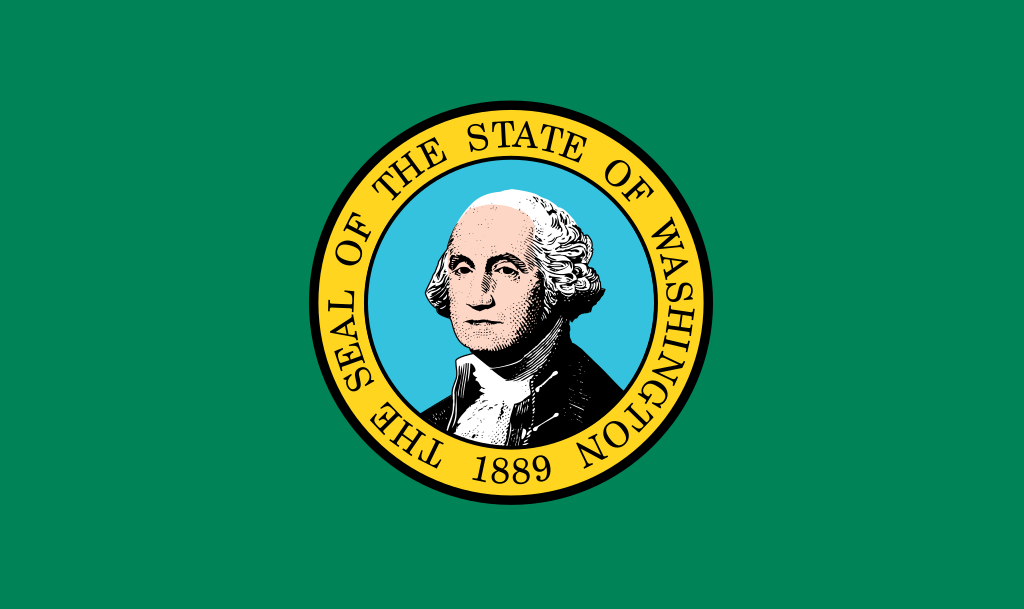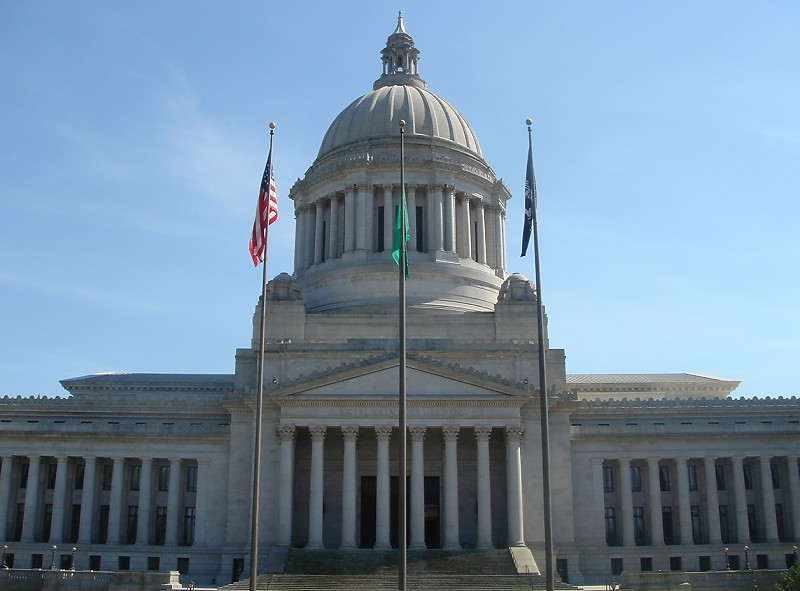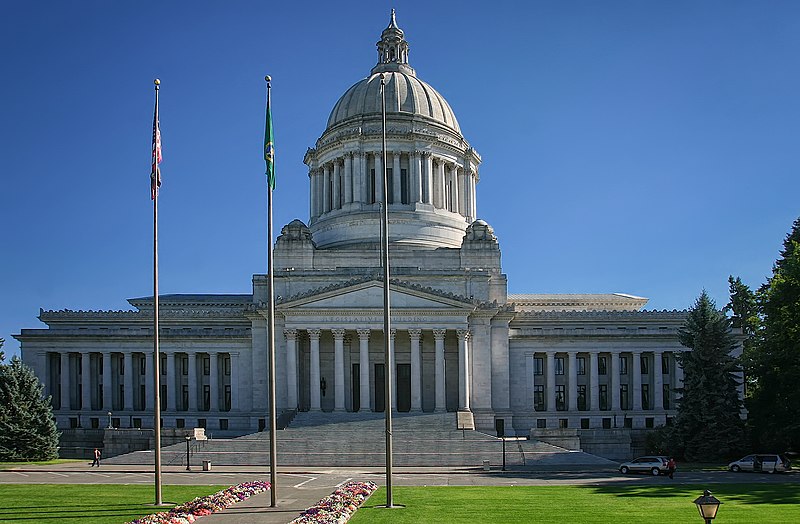Tag: washington
-
Washington school board passes new curriculum guidelines on U.S. history and race topics

The Kennewick School Board in Washington state unanimously voted to adopt a new set of curriculum guidelines on August 24, 2022, that aim to restrict teachings on U.S. history and race. Kennewick School Board passed a new policy, known as Policy 2340, that would prohibit teachings that the U.S. is fundamentally or systemically racist or…
-
Incumbent Kim Schrier (D) and Matt Larkin (R) are running in the general election for Washington’s 8th Congressional District

Incumbent Kim Schrier (D) and Matt Larkin (R) are running in the general election for Washington’s 8th Congressional District on November 8, 2022. Schrier, a pediatrician, was first elected in 2018, winning the open seat by a margin of five percentage points. Before that election, Republicans had represented the 8th District since 1983. Schrier was…
-
Jaime Herrera Beutler becomes 12th U.S. House member to lose a primary election this year

On August 15, 2022, media outlets called the top-two primary for Washington’s 3rd Congressional District. Marie Gluesenkamp Pérez (D) and Joe Kent (R) advanced with 31.0% and 22.8% of the vote, respectively. Incumbent Jaime Herrera Beutler (R) finished third with 22.2%. Herrera Beutler is the 12th member of the U.S. House to lose an election…
-
Both candidates in the election for Washington’s 3rd Congressional district complete Ballotpedia’s Candidate Connection survey

Both candidates running in the November 8, 2022, general election for Washington’s 3rd Congressional District —Marie Gluesenkamp Pérez (D) and Joe Kent (R)—completed Ballotpedia’s Candidate Connection survey. These survey responses allow voters to hear directly from candidates about what motivates them to run for office. The outcome of this race will affect the partisan balance…
-
33% of Washington state legislative incumbents face contested top-two primaries

Thirty-one of the 95 Washington state legislators who filed for re-election—22 Democrats and nine Republicans—will face contested primaries on Aug. 2. This represents 33% of incumbents who filed for re-election, lower than in 2020 but a higher rate than other recent election cycles. Washington is one of three states holding top-two state legislative primaries this…
-
There are no open U.S. House seats in Washington for the first time in a decade

The filing deadline for candidates running for the U.S. House in Washington was May 20, 2022. This year, 68 candidates are running in Washington’s 10 U.S. House districts, including 37 Republicans, 19 Democrats, seven independents, and five third-party candidates. That’s 6.8 candidates per district, fewer than the 7.3 candidates in 2020, and more than the…
-
Washington enacts new legislative districts

Washington enacted new legislative districts on Feb. 8 when the Washington State Senate approved an amended version of a map proposal drafted by the Washington State Redistricting Commission. The maps will take effect for Washington’s 2022 state legislative elections. Washington’s four redistricting commissioners each released their proposed state legislative maps on Sept. 21, 2021. The…
-
Washington enacts new congressional districts

Washington enacted new congressional districts on Feb. 8 when the Washington State Senate approved an amended version of a map proposal drafted by the Washington State Redistricting Commission. Washington was apportioned 10 seats in the U.S. House of Representatives after the 2020 census, the same number it received after the 2010 census. This map will…
-
Signature deadline for Washington 2022 Initiatives to the Legislature passes with no campaigns submitting signatures

The signature deadline for 2022 Washington Initiatives to the Legislature (ITL) was December 30, 2021. For an ITL to be taken up by the Washington State Legislature and potentially put on the ballot in 2022, proponents needed to submit 324,516 valid signatures. Citizens of Washington may initiate legislation as either a direct state statute—called Initiative…
-
Redistricting timeline update: South Carolina legislature announces special sessions, Washington Supreme Court assumes redistricting authority

Here’s a summary of recent redistricting updates from South Carolina and Washington. South Carolina: On Nov. 18, 2021, Senate President Harvey Peeler (R) said senators will meet on Dec. 6 at 1 p.m. in a special session to address redistricting. House Speaker Jay Lucas (R) also announced a special session for the South Carolina House…

